Five Trends In The Publishers-Sustainability Nexus
Five developments that illustrate how the relationship between sustainability and scholarly publishers is changing over time.
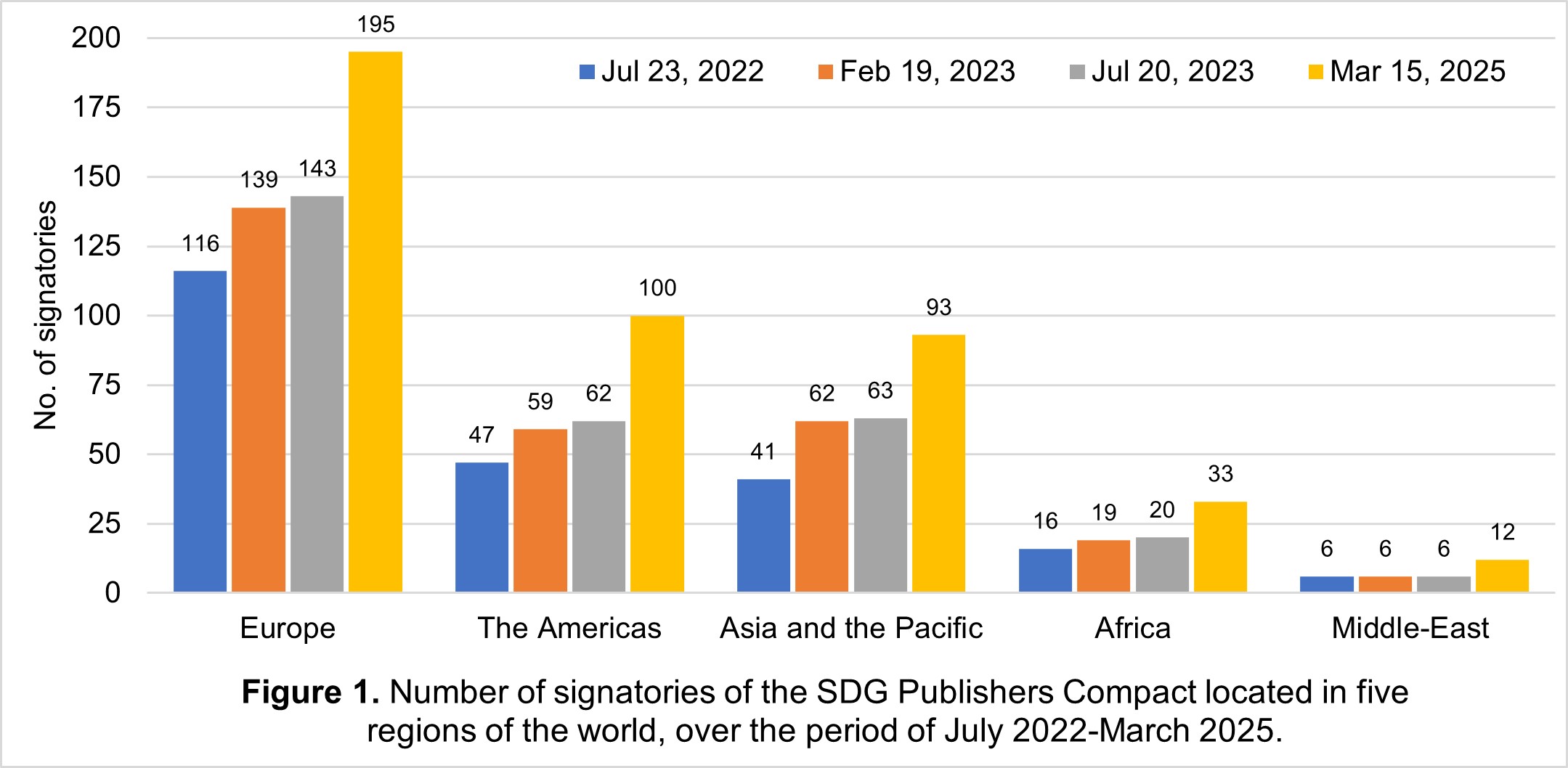
Send us a link
Five developments that illustrate how the relationship between sustainability and scholarly publishers is changing over time.

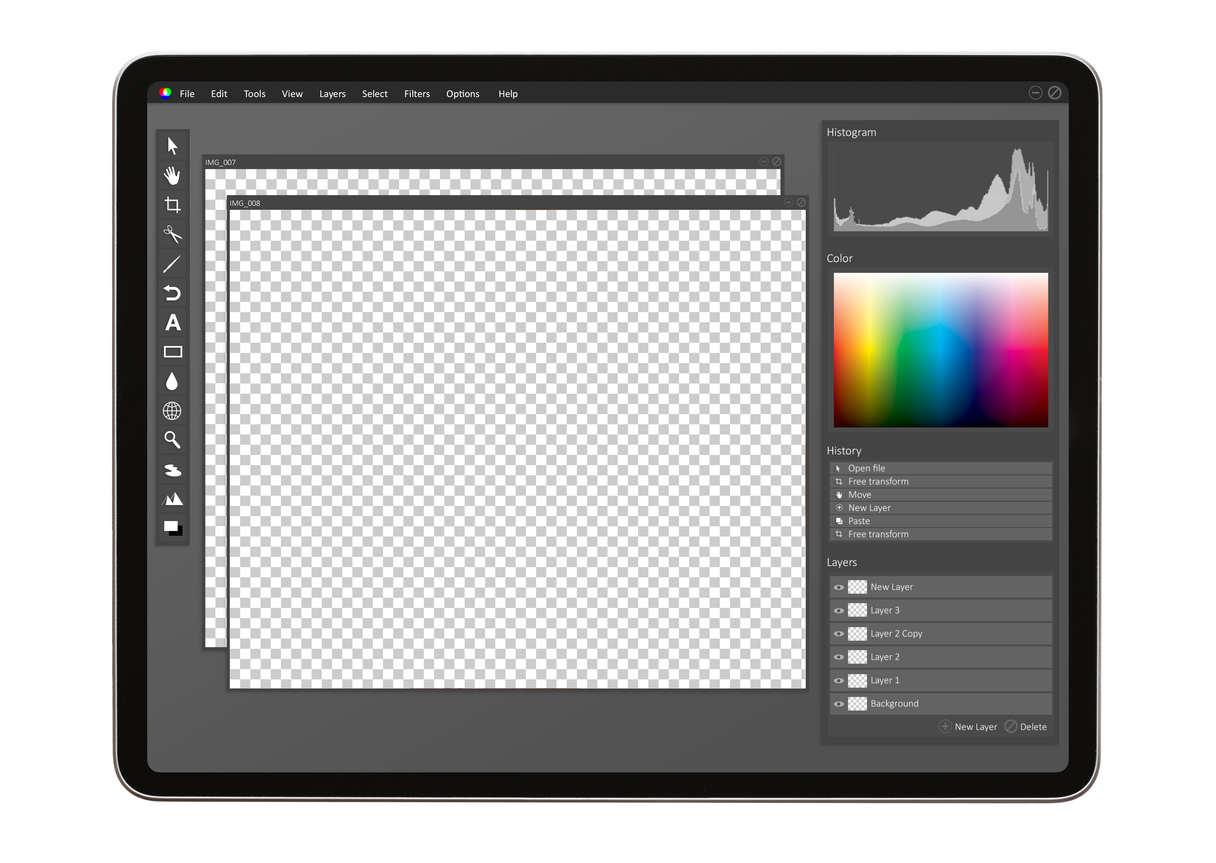
The realities of the new political landscape have cast its shadow on the future of academia.
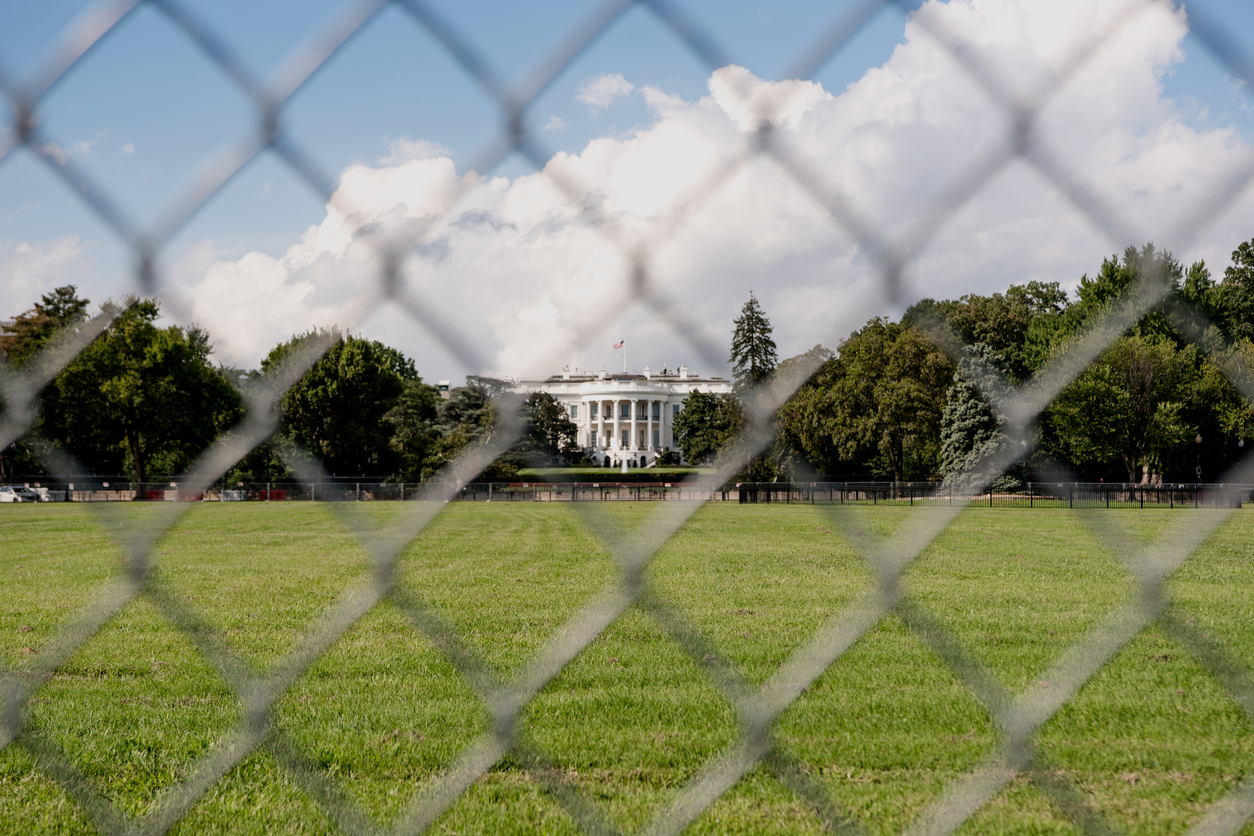

Members of the Society for Scholarly Publishing weigh in with their thoughts on the new "Towards Responsible Publishing" manifesto from cOAlition S.
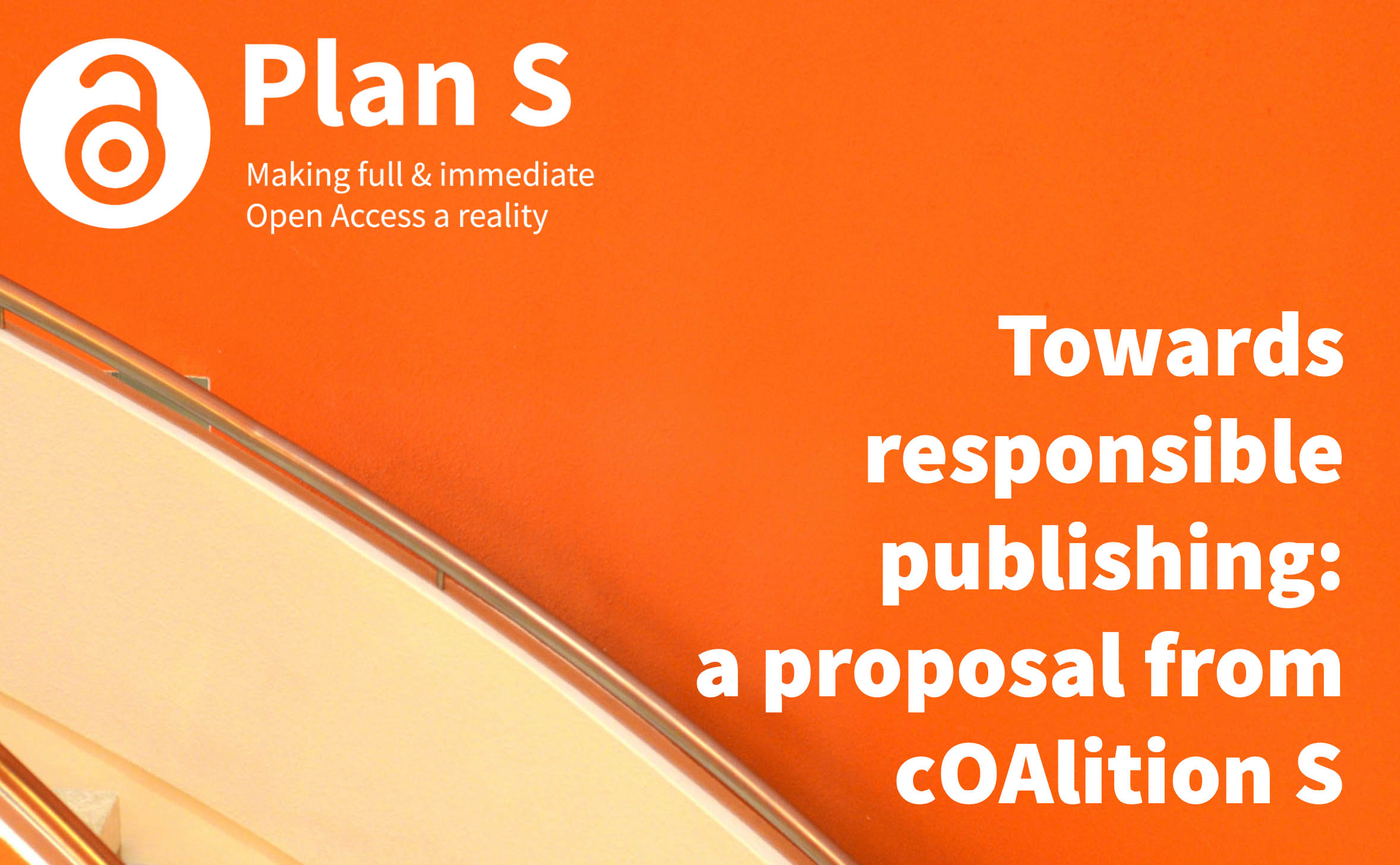
Part two of an introduction to two new toolkits from C4DISC -- today a look at the Antiracism Toolkit for Black, Indigenous, and People of Color.
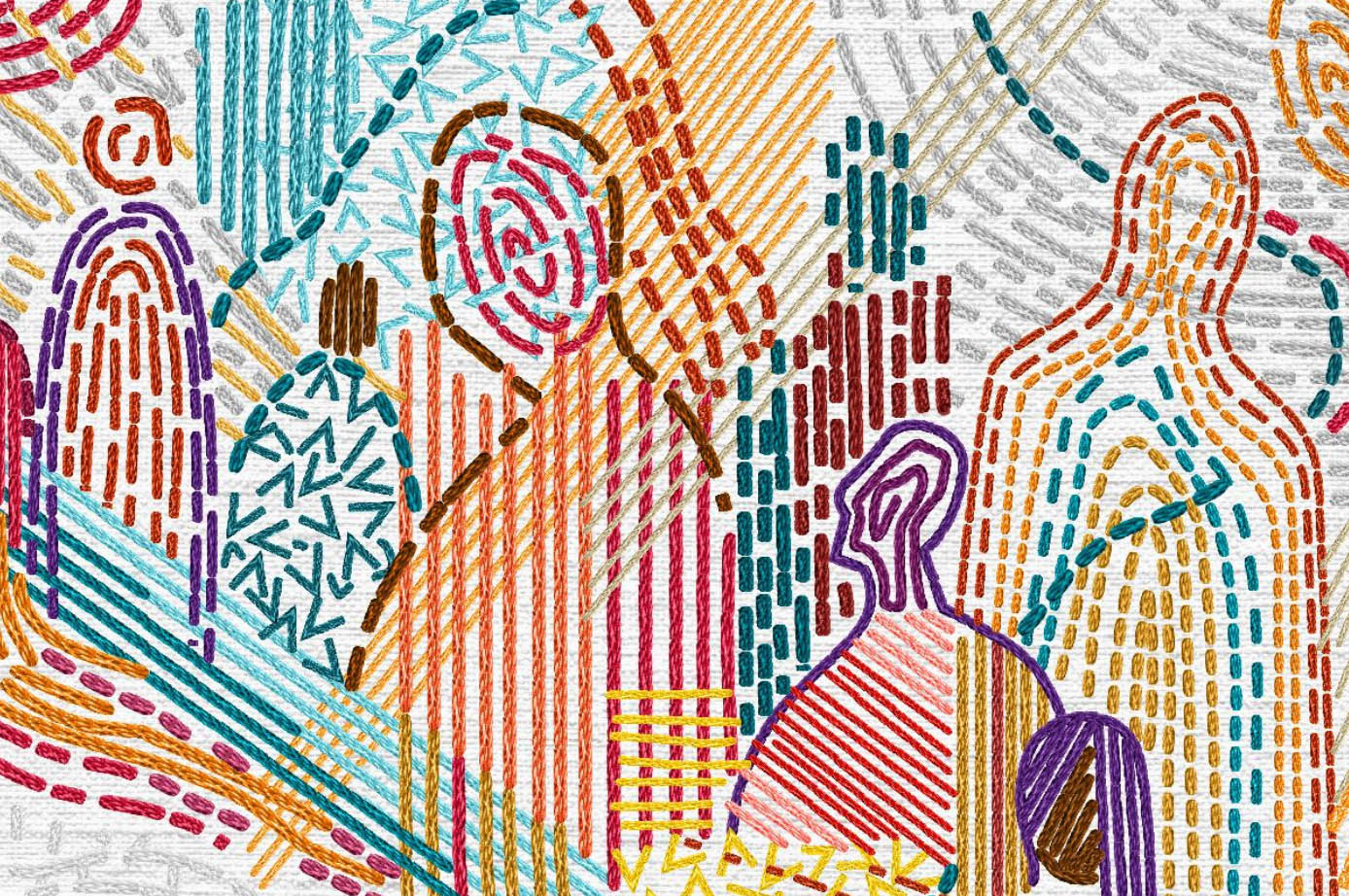
There are still barriers and hesitations around open research practices. The authors of this article suggest that publishers and technology platforms can better support authors and drive uptake.

The first of a two part series introducing new toolkits from C4DISC: Guidelines on Inclusive Language and Images in Scholarly Communication and the Antiracism Toolkit for Black, Indigenous, and People of Color.
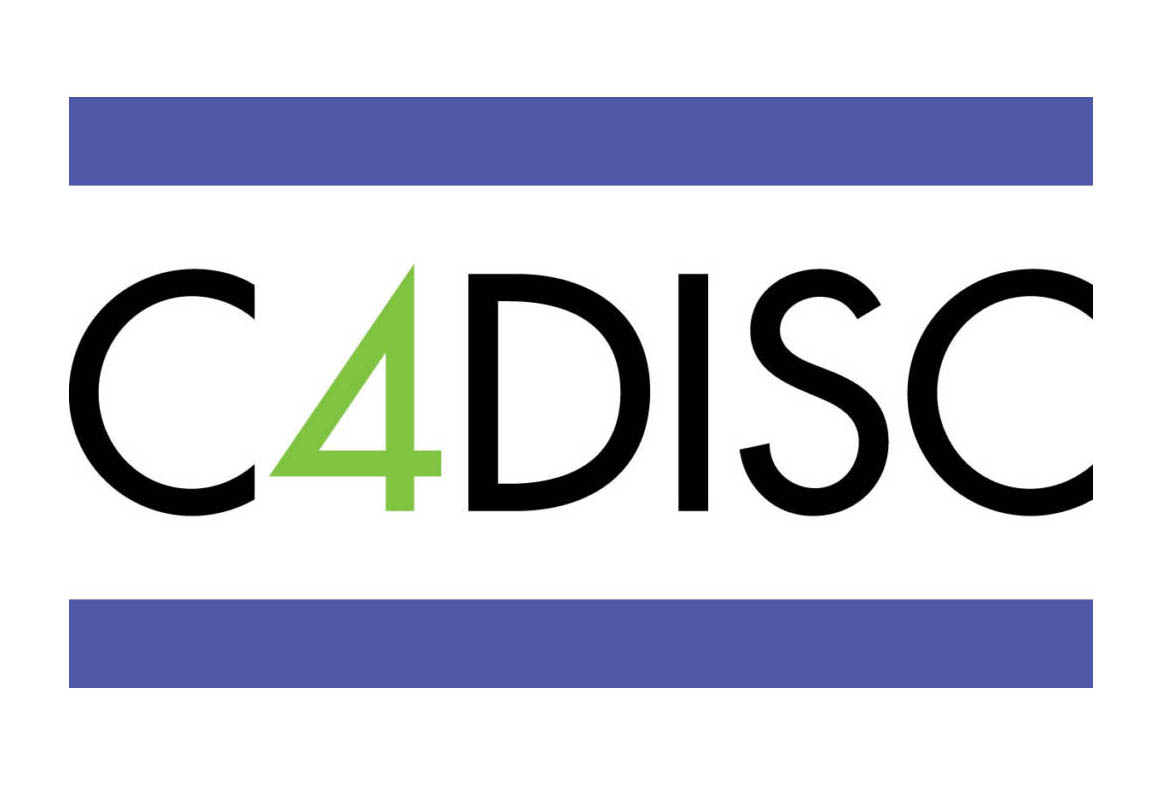
Digital transformation in submission and peer review offers improvements for publications and a better experience for researchers and journal staff.

Iain Hrynaszkiewicz discusses PLOS's Open Science Indicators initiatives and shares initial results.
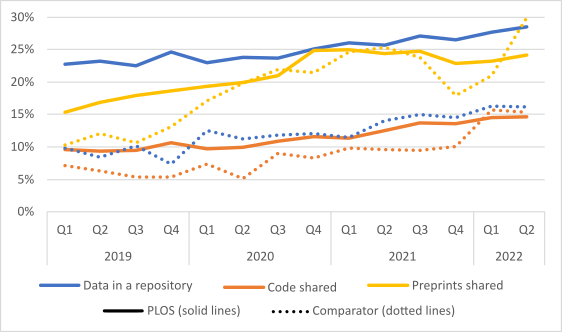
Research bureaucracy and administrative burden has become so overpowering that many researchers are reporting that they don't have time to do any research anymore. Phill Jones argues that technology in the form of PIDs will go a long way to fixing this.

This article analyzes changes in the speed of publication of research articles over the last ten years.

Is there an entrenched stasis in scholarly communication in which the core elements of the system have not been much moved by the revolutions happening around us?

Rachel Helps, the Wikipedian-in-residence at the BYU libraries discusses the intersection of scholarly journals and Wikipedia.
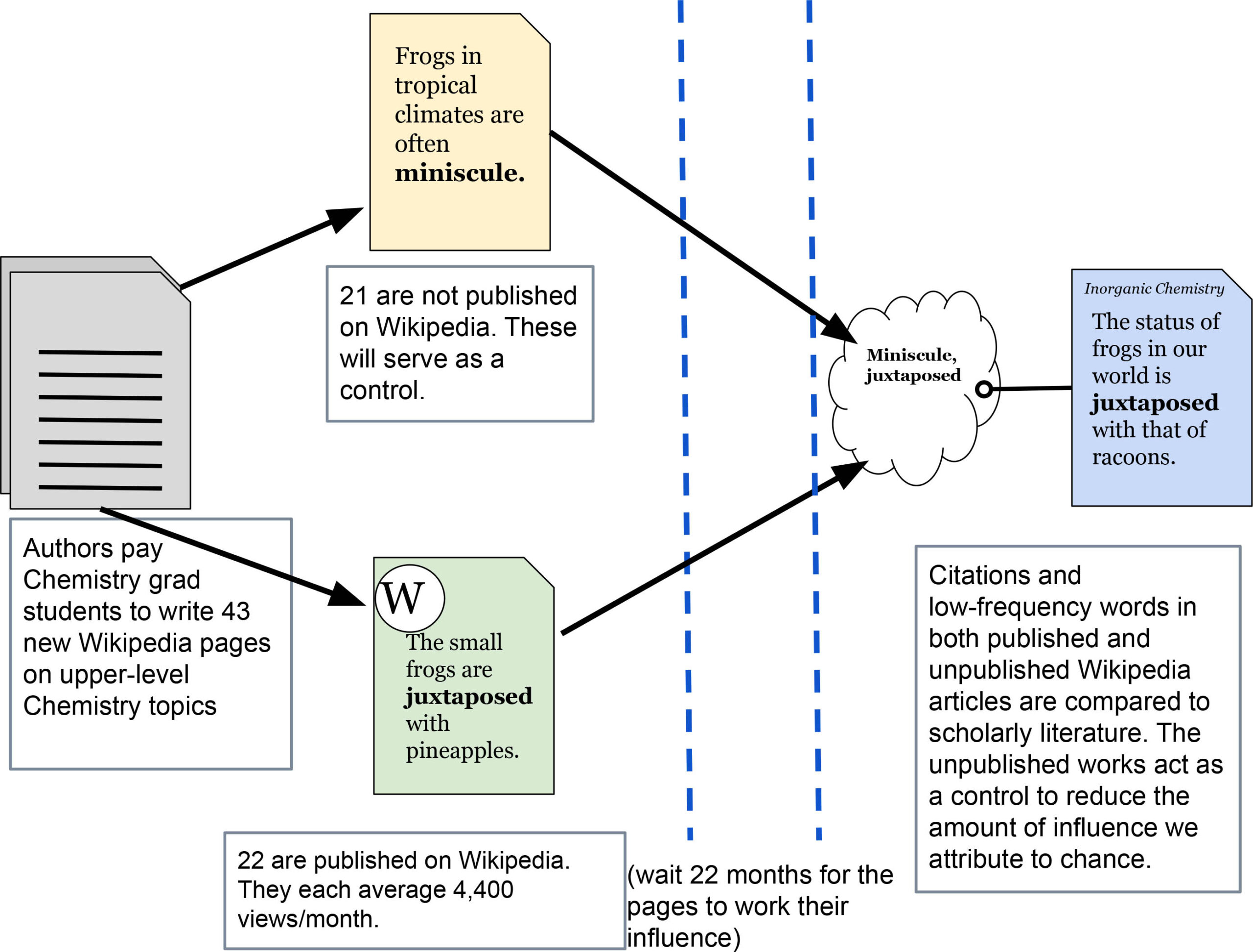
On Indigenous Peoples' Day we revisit an interview with Dr. Katharina Ruckstuhl, on how we can ensure that our research infrastructure supports and respects Indigenous knowledge and knowledge management.
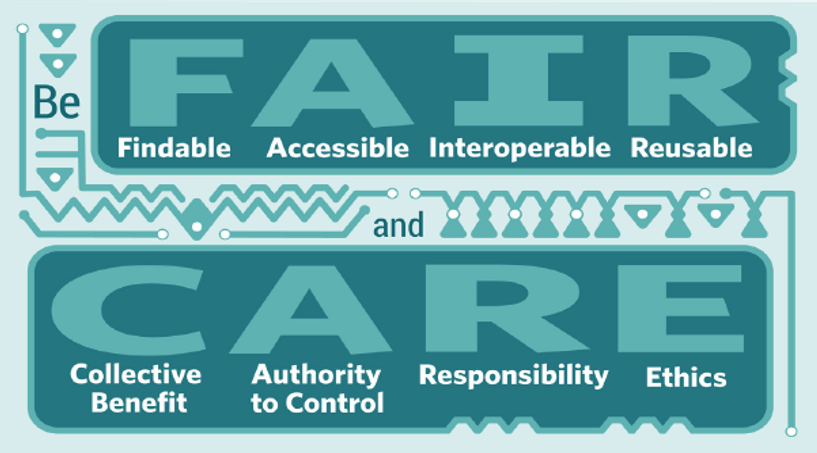
The OSTP Nelson Memo has caused quite a stir in scholarly communication circles. How will academia handle the zero embargo?

Does trust in research begin with trust in peer review across the whole ecosystem, and what does that look like for different communities and stakeholders?
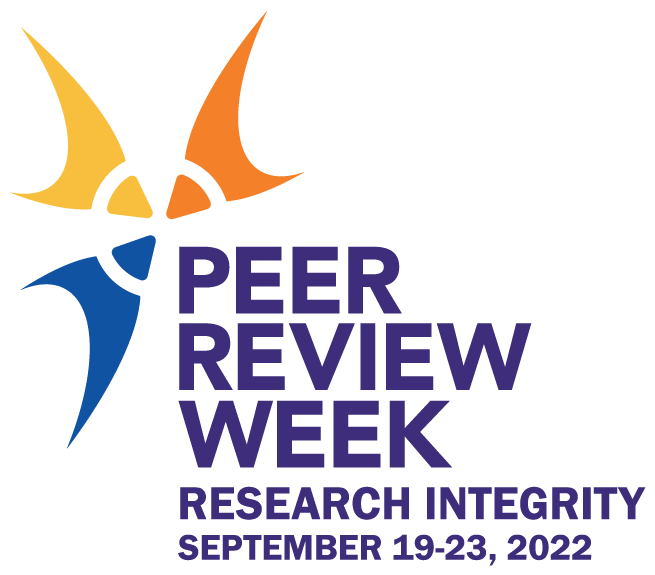
Chris Graf (and colleagues) present five reasons to be cheerful about research integrity and peer review.
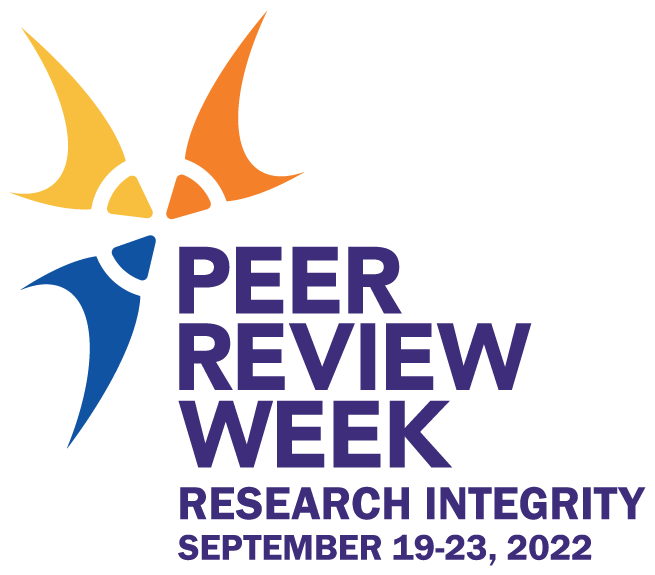
For an early start on Peer Review Week, we reached out to the SSP community to ask "Is research integrity possible without peer review?"
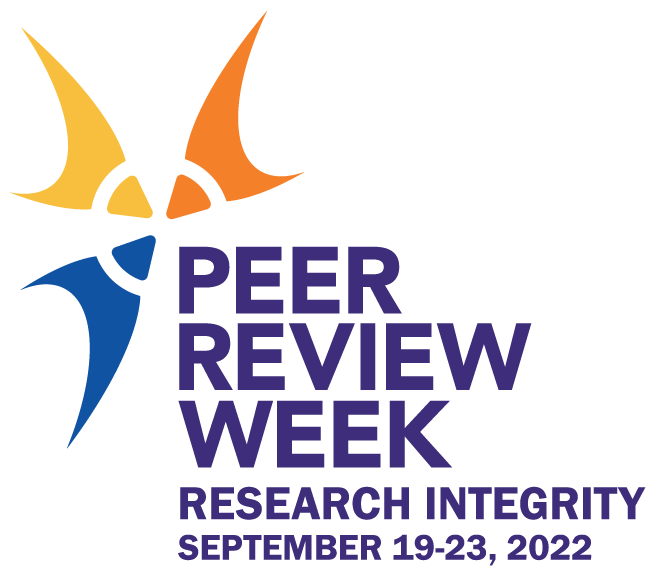
A Humanities and Social Sciences Publishing Professionals Community of Interest Network is launching! An interview with facilitators Laura Ansley and Dawn Durante about the group and its focus --and how it's meeting a clear need.

It is suggested to revamp the peer review process to make it less about tearing down the work of others, and more about helping authors improve their papers.

In the first of a four-post series, we explore: the phenomenon of diversity tax and its impact on marginalized individuals.

A new conference explores ways research can turn the scientific method onto improving its own results.
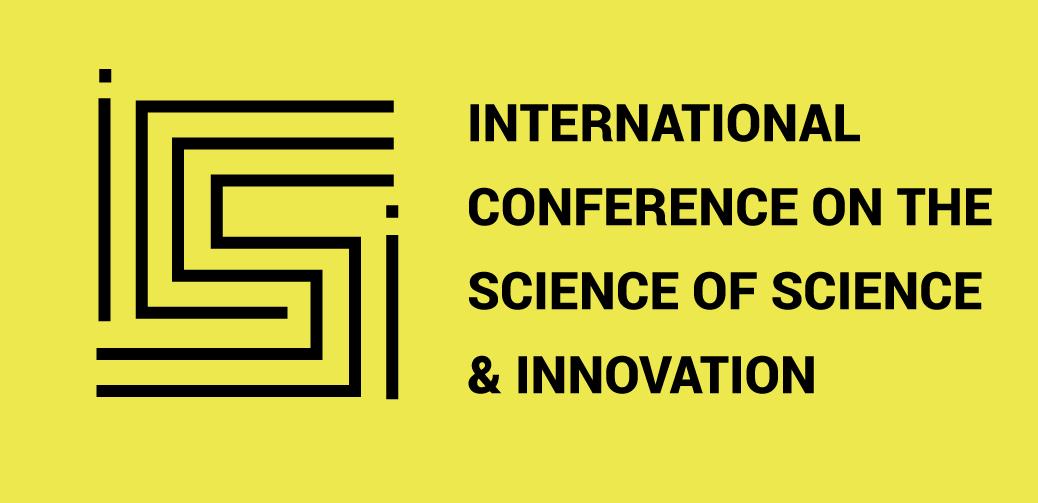
How can publishers ensure that our content and services are found and used by the growing number of Millennials and Generation Z researchers in academia?

In the global supply chain of scholarly communications, we share a responsibility for accurate metadata that represents the publication lifecycle -- from preprint to version of record, and everything in between.

This article reports on the results of a study looking at the benefits and problems of remote and hybrid conferences, and what the changes in recent years will mean for meetings going forward.
